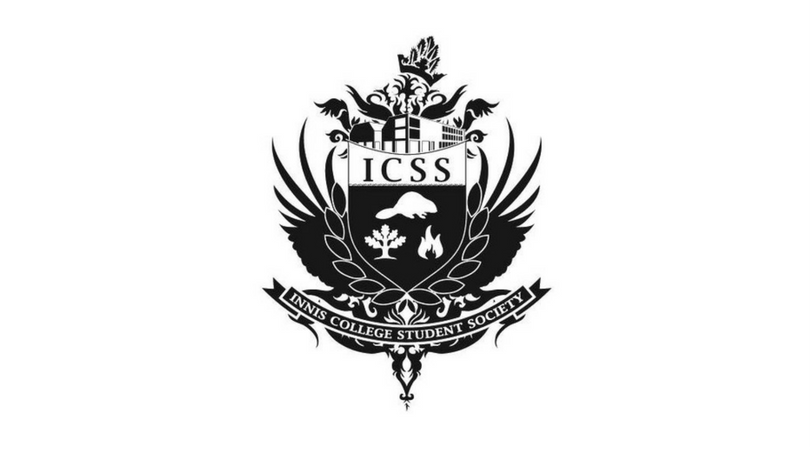The importance of constitutional revision in student government
Having served as an executive member of the Innis College Student Society (ICSS), a student governing body, I can attest to the cross-campus struggle and debate over how to increase student participation in college governance and campus politics. Voter turnouts that reflect a mere fraction of the population are a reality at several colleges – Innis College included. While each position on the ICSS was successfully filled in the September by-election, only 4 students – including myself – were elected to sit on Innis College Council (ICC), an elected body that proudly claims to be “the first and only governing body at the University of Toronto with parity (that is equal student to admin) representation.”
The ICSS can be thought of as the body of student leaders governing over student life, including but not limited to intramural organization, social event planning, and community outreach opportunities, while the ICC can be thought of as the governing body that make decisions about how the college itself operates, including alumni networking, decisions around which courses to offer through Innis College, scholarship distribution, and more recently, the discussion about the Innis College renovation plan. The decisions that come out of ICC meetings have the potential to affect Innis College students for generations to come; having assertive student voices at that table is incredibly valuable. I consider myself very fortunate to have been elected onto ICC in order to provide that voice on behalf of the students of Innis College, however, my election did not come without some contention.
The remnants of online campaign materials almost disqualified in the past by-election; I was on the receiving end of 2 demerit points. While Section 10.5 of the ICSS constitution specifies that “campaign posters […] may not be posted within eyesight of the polling station on election day” and Section 10.6 makes note of the use of “electronic posters and social media posts,” nothing in the constitution or the “Election Package” distributed to candidates who successfully secured nomination, states the need to erase all evidence of online campaigning. A quick search on Facebook of past events reveals several ICC and ICSS candidates whose campaign events are still publicly accessible but went on to serve their terms without threat of disqualification.
As a former executive of the ICSS, I see this lack of clarification as an oversight of my term. However, I think it is important to remember that the constitution and other materials are there as a sort of roadmap to aid students in navigating leadership roles. As modes of participation change and develop, so too should the documents that students look to for guidance. In an election cycle in which the candidate who received the most votes (123) only reflects approximately 4% of the college population, and in which 9 student seats on a council dependent upon parity representation remain empty, I would encourage the practice of yearly constitution revision. These documents were not created with the intention of barring students from positions of leadership; they are meant to provide a framework through which student governance can be understood and carried out.
Ashlee Redmond is a fourth-year student serving on the ICC. She is the former Executive-Vice President of the ICSS.
